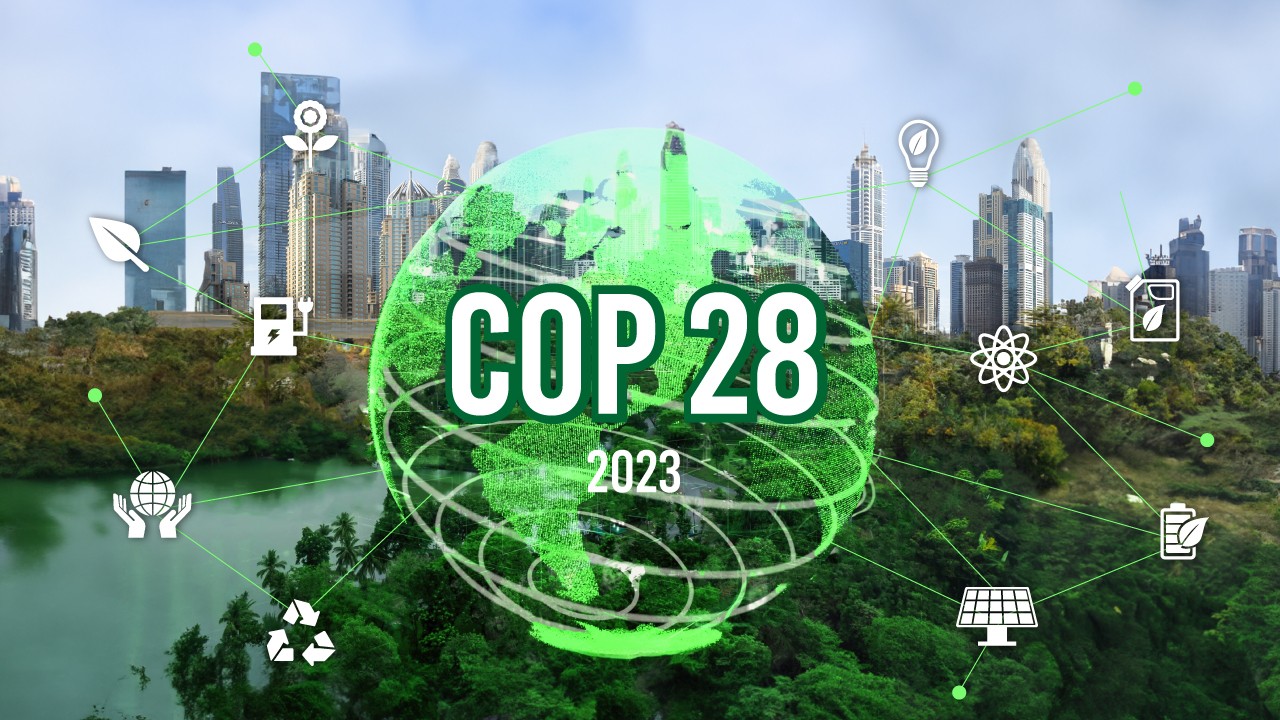COP 28, dubbed as the “COP of Action,” carries unparalleled significance on the global stage. The collective urgency to address imminent climate threats echoes through the anticipation surrounding this historic gathering. This conference stands as a beacon of hope, a pivotal moment where leaders, policymakers, and climate experts converge to shape the trajectory of our environmental future.
At its core, COP 28 demonstrates an unwavering commitment to transitioning towards renewable energy sources. Over years, debates on phasing out fossil fuels have ensued, with some advocating for a swift transition and others championing a just one. Despite these discussions, concrete plans for this impending shift have remained notably absent. This conference seeks to forge bold and actionable strategies that expedite the move towards sustainable alternatives. It marks a departure from the inertia characterizing previous climate summits. The global community eagerly awaits not just eloquent rhetoric but a tangible roadmap guiding us towards a greener, cleaner future.
A groundbreaking feature of COP 28 is the initiation of the first-ever global stocktake on climate progress. This introspective moment provides the world with an opportunity to collectively evaluate the efficacy of our efforts thus far. While countries committed to reducing their GHG emissions by specific percentages by 2030, this global stocktake is critical for analyzing whether we are genuinely moving in the right direction. It lays the groundwork for informed decisions and strategic planning, ensuring that actions post-COP 28 are not only impactful but also informed by a nuanced understanding of our past successes and failures.
Moreover, COP 28 aims to deliver on past commitments and forge a new financial paradigm. Following COP 26, high-emission nations made commitments to provide climate financing to low-emission yet vulnerable countries. Despite the creation of climate finance tools, this conference seeks to solidify these commitments and elevate the discourse around climate finance. Recognizing that mere commitment is insufficient, the emphasis lies in ensuring climate finance is not just a pledge but is affordable, available, and accessible. This is especially crucial for developing nations contending with the dual challenges of development and climate adaptation. COP 28 holds transformative potential to rectify financial imbalances, ushering in a new era aligned with the imperative of urgent climate action.
Distinguishing itself through a resolute commitment to inclusivity, COP 28 stands as the most comprehensive gathering in the annals of climate conferences. Indigenous Peoples and local communities, often on the frontline of climate impact, are not mere token participants but integral collaborators. Their wealth of traditional knowledge and sustainable practices is recognized as an invaluable asset in the global struggle against climate change. Notably, key industry players with substantial emissions will also be present. The conference in Dubai will be presided over by Sultan al Jaber, the head of the UAE national oil company. While specific stakes are yet to be determined, this inclusive approach aims not only to recognize everyone’s role as stewards of the environment but actively engage them in decision-making processes. This intentional emphasis places nature, people, and the very essence of human existence at the forefront of climate considerations.
In conclusion, COP 28 transcends the realm of a standard climate summit; it represents an unprecedented opportunity to chart a course toward a sustainable, resilient future. The convergence of world leaders, policymakers, and climate experts in this momentous gathering has the potential to be a turning point in the fight against climate change. As the world collectively holds its breath, the outcomes of COP 28 may well determine our ability to safeguard the planet for generations to come. The stakes are high, the expectations even higher, but within this crucible of global collaboration, the promise of transformative action and a sustainable future beckons.



